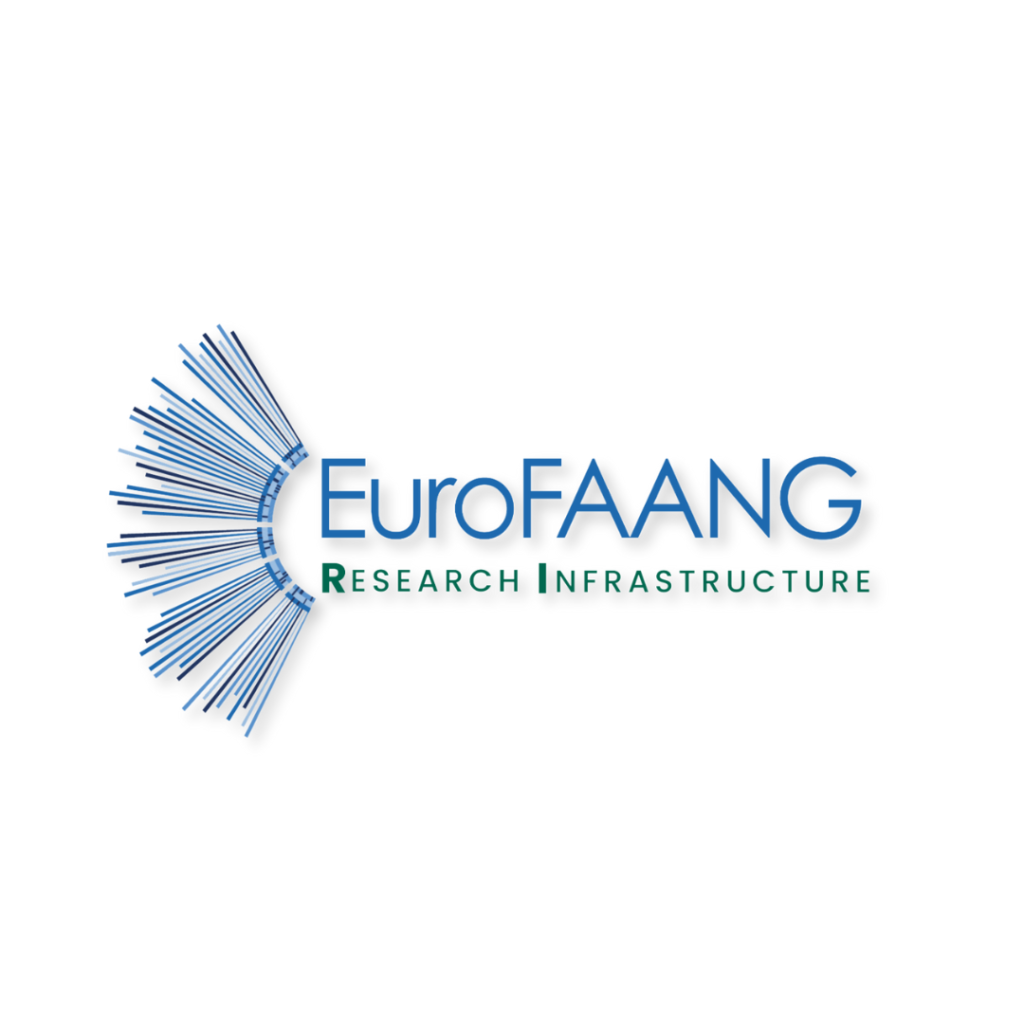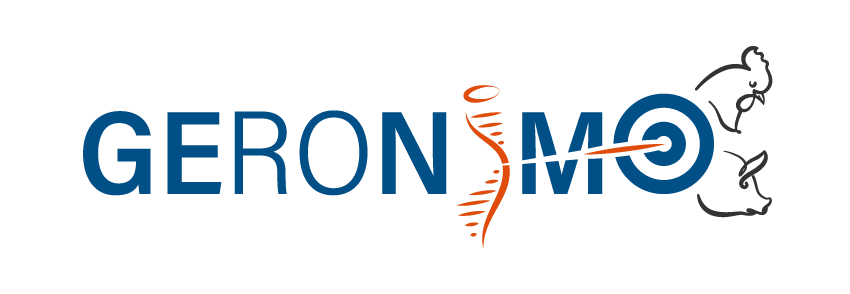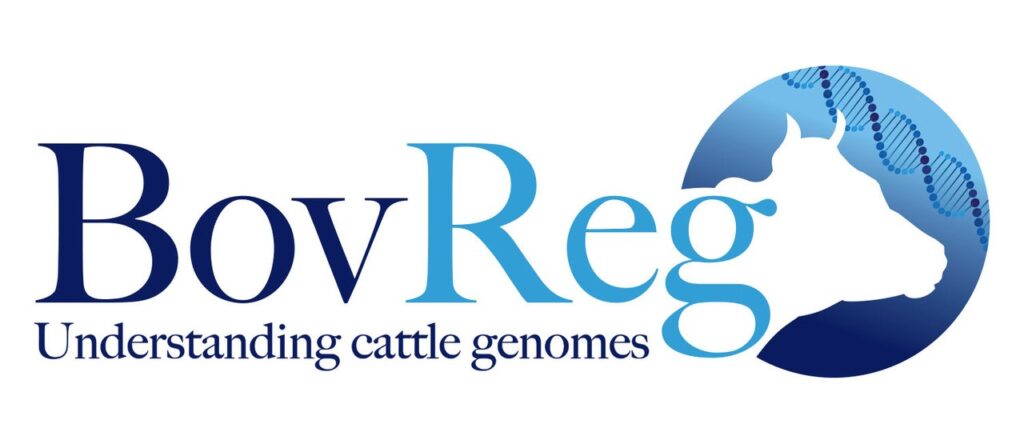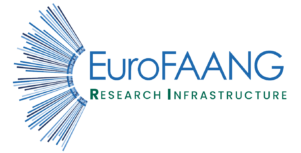Work Package 2
Development of a common access policy and funding concept
Work package 2 in the EuroFAANG RI project is focused on providing transnational access to the EuroFAANG infrastructure, which includes three main objectives:
- Developing the access policy and funding concept for the infrastructure.
- Providing a portal for requests to use the infrastructure.
- Providing a mechanism for user and stakeholder feedback.
The main goal of Task 1 is to develop a central funding concept and access policy for the infrastructure.
Applications to use the infrastructure will be evaluated by a selection panel consisting of highly experienced scientists and industry stakeholders from inside and outside the consortium and independent from the Orientation Committee, who will monitor and oversee use of the infrastructure.
Access will be granted based on:
- Scientific excellence for academia
- Feasibility and impact for industry
- Concept and adequacy of the experimental design
Users of the infrastructure should be able to support the direct costs of the experiments by externally funded
projects, while commercial users would be charged a fee. These access fees will provide the core budget to
fund the operations of the infrastructure. It is anticipated that the use of the EuroFAANG infrastructure will
generate valuable data for the repositories hosted by the infrastructure (WP4) increasing its value for other
users. The amount of the fee for commercial users (e.g. animal breeding organisations) might vary depending
on the added value to the infrastructure (e.g. valuable biological samples or access to data). Applicants and
users’ profiles, geographical distribution and gender will be also considered; for example, access priority will
be given to users who can rely only on limited resources locally and nationally.
The main goal of Task 2 is to act as an extension of EuroFAANG governance to support access to the infrastructure and provision of appropriate Human Resources support.
Users of the EuroFAANG infrastructure will be requested to comply with FAANG policies to follow the
standards and share samples, collections and datasets with the rest of the community. The collaboration
agreements will be further developed to cover Intellectual Property and publication clauses for specific cases,
e.g. for industrial partners willing to develop new patentable results whose dissemination should be delayed.
Accepted projects will be referred to an Ethics Adviser for further comments and recommendations prior to
release to the applicants. All funding offers will be provisional based on budget and resources being available,
and a suitable collaboration agreement being signed between the users and the host research infrastructure.
The main goal of Task 3 is the development and implementation of a unique web-portal to collect, centralise and manage Trans-National Access (TNA) applications.
A unique web portal will be designed to be a permanent service provided by an Orientation Committee
composed of members of this consortium that will advise on TNA applications and guide them towards the
most appropriate facilities within the infrastructure. Regular open calls for access will be organised and promoted through relevant scientific community and industry stakeholder networks. Access projects can use a single facility; include several facilities or even a combination of real and virtual access.
The main goal of Task 4 is to establish a survey based method to evaluate Trans National Access (TNA) to the
EuroFAANG infrastructure.
After each access provision, the quality of the access given will be evaluated through a satisfaction
questionnaire for users, hosts and stakeholders of the EuroFAANG infrastructure. The results of these
questionnaires will be analysed every 6 to 12 months to allow the consortia to establish recommendations, and
thus continuously improve the services provided.

Keep in touch!
EuroFAANG projects

GEroNIMO
Go to website
BovReg
Go to website
Rumigen
Go to website
GENE-SWitCH
Go to website
HoloRuminant
Go to website


